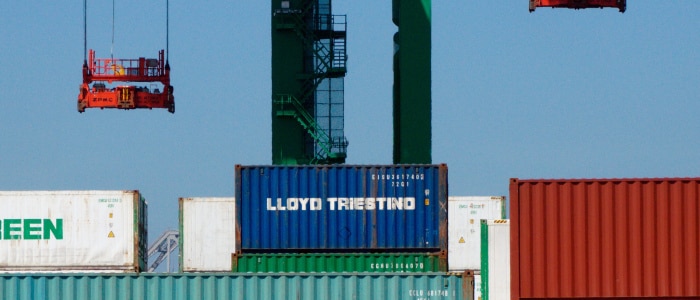Published
Import Apocalypse – a European Misperception
Subjects: European Union

By Lisa Brandt (former Trade Analyst at ECIPE)
123 days. That is the number of days that have passed by since the EU-South Korea Free Trade Agreement entered into force.
However, one probably has to count in terms of months, if not years, to wait for European policy makers and business leaders to change their export-biased perception of trade, emblematically incarnated in the EU-KOR. In their minds, trade appears to be the equivalent of export. Full stop. The mere mentioning of the word import seems to lead the thoughts to Armageddon.
The EU-Korea FTA is praised as a model FTA for the future. By virtue of its wide scope, including non-tariff measures and services, its stretches beyond any trade agreement that the EU has previously negotiated.
Clearly, the EU-Korea FTA has opened the door to the Korean market. The improved market access is illustrated by the recent increase in European exports. The European ICT-sector is cheering; the electronics and pharmaceutical sectors are applauding and providers of financial services and legal services are also jumping up and down of excitement.
But the focus on exports is overshadowing the importance of imports. The fear that imports from Korea would have devastating impacts on European growth and employment is misleading. The opposition from the petrified European automobile industry, the focus on dangerous duty-drawbacks in Korea, and the anxious calls for safeguard clauses bear witness of an obsolete vision of trade.
Imports can have important welfare impacts, contributing to growth and creating jobs. In a world of multinational companies, global supply chains and fragmented production procedures, the success of a trade agreement cannot simply be measured by its effects on European exports. First, intra-industry and intra-firm trade provide a strong case for lower barriers to imports. Barriers are detrimental to European businesses that import intermediate goods and re-export the finished products. Facilitating imports is thus an important step to improve the competitiveness and the productivity of European companies that are taking part in global production chains. Second, imports also generate investment. Foreign companies value the importance of being close to their European customers; this pushes them to invest in Europe, to set up production facilities and to employ people on location in Europe.
Neglecting the benefits of imports is in other words a misjudgement of the advantages of trade. We trade, therefore we are, to put it philosophically.
I proud you… you are the best person who I have know
the economy must forward in the poor country